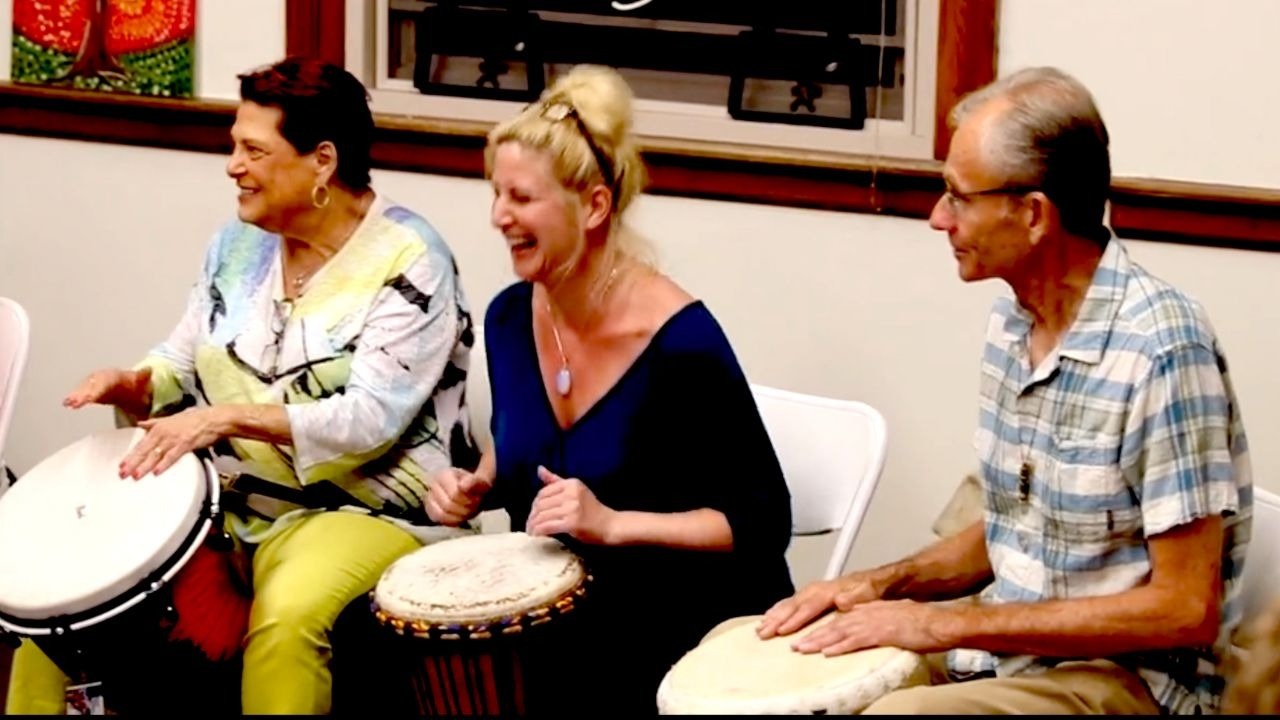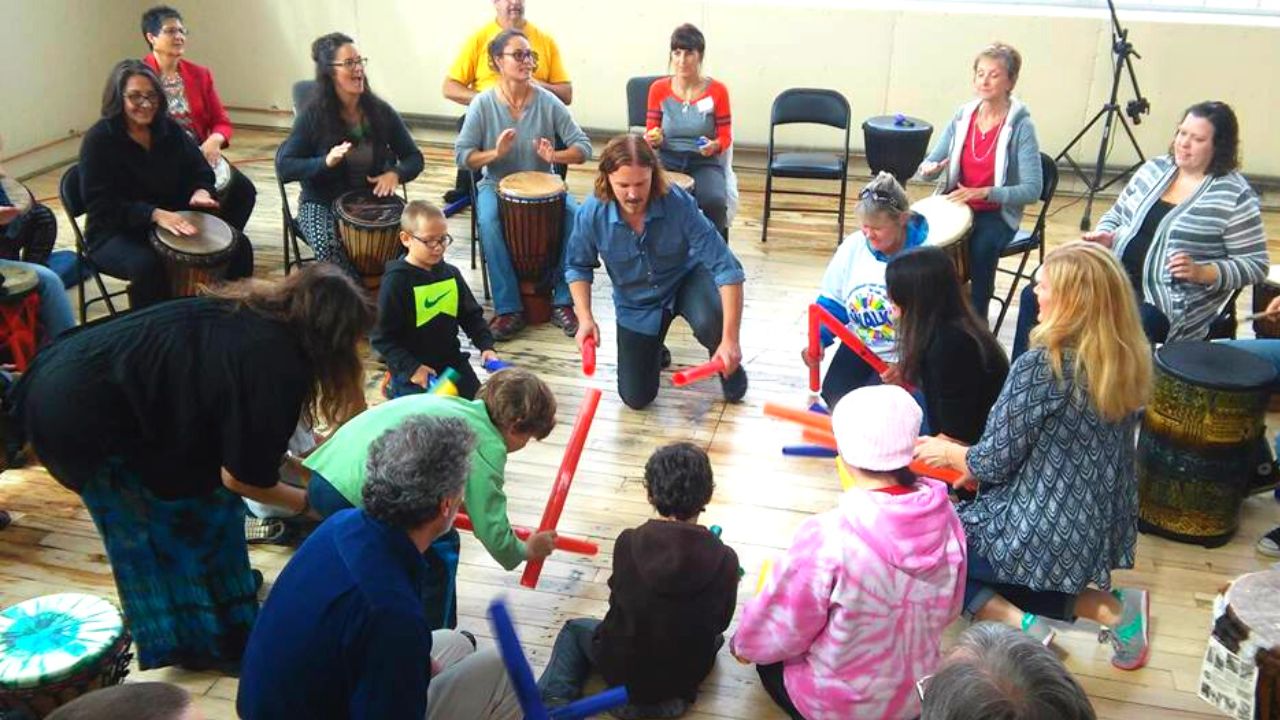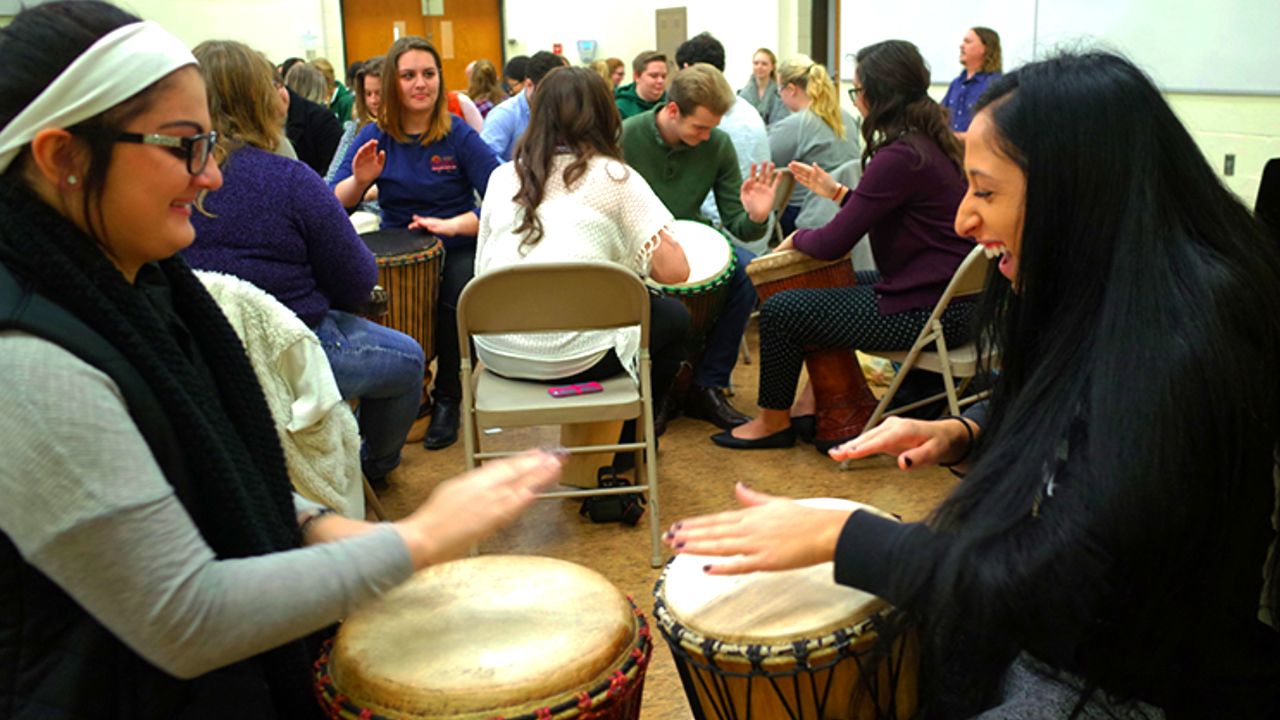U.K. Doctors are Saving Lives by Curing Loneliness

We all feel lonely from time to time. But for some people, there’s nothing “occasional” about it. In the U.S., over a third of Americans over 45 report feeling lonely on a regular basis.
And with advances in technology that enable us to work, shop, and entertain ourselves without leaving the comfort of our homes, we’re all relying less and less on human interaction.
But the effects of this social isolation can be downright deadly.
Research shows:
- Loneliness, living alone, and poor social connections are as bad for your health as smoking 15 cigarettes a day.
- Loneliness is worse for you than obesity.
- Lonely people are more likely to suffer from dementia, heart disease, and depression.
- Loneliness can increase risk of death by 29 percent.
These disastrous effects on people’s well-being are so profound that the British government now recognizes chronic loneliness as a public health epidemic.

In fact, they’re rolling out a brand new initiative called “Social Prescribing” as part of the country’s strategy to curb the loneliness epidemic. It involves doctors encouraging patients to get involved with community-based activities involving music, art, nature, or hobbies—like visiting museums, spending time in nature/green spaces, or learning an instrument.
I’ve always hoped I’d see the day when doctors would prescribe music as part of their treatment plans. So I’m thrilled to see “Social Prescribing” taking shape in the U.K.
Of course, you might be wondering how music can help. Well, let’s take a look at some science…
🧐 Curious? Try This 12 Minute Sound Based Vagus Nerve Stimulation Tutorial Right Now For Free!
Create music, make friends
In a 2008 study published in Musical Development and Learning, researchers suggest that music is a crucial tool for the elderly to combat loneliness (as well as other social, mental, and emotional challenges that come with growing older).
One of the most effective methods they looked at for boosting mood and combating loneliness was singing in a choir.
Another 2017 study found that depressed patients who tried music therapy in a group setting had significantly better results than those who tried solo music interventions.
And I can certainly vouch for the ability of music to combat loneliness.
In my work as a music educator over the past 20 years, I’ve taught hand drumming to thousands of people. And I can’t begin to tell you how many friendships I’ve watched blossom as a result of people coming to a workshop and connecting (not to mention five marriages)!

Making music with others—even simple, rhythmic music, like drumming—can bring people together in a completely unique way. It invites you to listen to one another and work together to sound the best you collectively can. Plus, it’s just fun!
And remember, you don’t have to be a trained musician to reap all the advantages of making music with other people. The benefits are there for the taking, regardless of your skill level.
If you’d like to experience it for yourself, look for beginner-friendly drum circles in your area.
Try looking online first. I highly recommend searching the term “drum circle” on Meetup, Facebook, or Eventbrite. If the event doesn’t indicate it it’s for beginners or if they provide drums, contact the organizer. (Many drum circle organizers have plenty of extra drums for you to use!)
You can also stay tuned to my Facebook events page. I facilitate drum workshops all over the country, educating those on how they can use the power of rhythm and sound to better their overall wellness. And who knows—perhaps you’ll also make some lifelong friends!
Be Well,
Jim Donovan, M.Ed.
Recommended: Our most popular posts
Healing the Body with Frequencies: The Basics Explained
Stimulating the Vagus Nerve for Better Sleep, Stress Relief & Health
How to Trick Your Brain Into Falling Asleep — Full Video Tutorial
Rain Sounds For Sleep, Rest Easy With Nature
Music Healing for Stress, Anxiety and Pain
Benefits of Vagus Nerve Exercises & 7 Simple Practices
The Five Longevity Secrets of “SuperAgers”
Vagus Nerve Exercises for Stress and Anxiety Relief
The “Five Finger Trick” That Can Quiet Your Racing Mind
SOURCES:
Solly, M. (2018). British Doctors May Soon Prescribe Art, Music, Dance, Singing Lessons. Smithsonian.com. Retrieved from: smithsonianmag.com/smart-news/british-doctors-may-soon-prescribe-art-music-dance-singing-lessons-180970750/
Department for Digital, Culture, Media, and Sport. (2018). A connected society: A strategy for tackling loneliness—laying the foundations for change. Retrieved from: assets.publishing.service.gov.uk/government/uploads/system/uploads/attachment_data/file/750909/6.4882_DCMS_Loneliness_Strategy_web_Update.pdf
The facts on loneliness. CampaigntoEndLoneliness.com. Retrieved from: campaigntoendloneliness.org/the-facts-on-loneliness/
DiJulio, B. and Hamel, L. (2018). Loneliness and Social Isolation in the United States, the United Kingdom, and Japan: An International Survey. Kaiser Family Foundation. Retrieved from: kff.org/report-section/loneliness-and-social-isolation-in-the-united-states-the-united-kingdom-and-japan-an-international-survey-introduction/
Gembris, H. (2008). Musical Activities in the Third Age: An Empirical Study With Amateur Musicians. Musical Development and Learning. Pp.: 103-108. Retrieved from: researchgate.net/publication/242511320_Musical_Activities_in_the_Third_Age_An_Empirical_Study_With_Amateur_Musicians
John, T., (2018). How the World’s First Loneliness Minister Will Tackle ‘the Sad Reality of Modern Life’.” Time.com. Retrieved from: time.com/5248016/tracey-crouch-uk-loneliness-minister/
FDA Compliance: The information on this website has not been evaluated by the Food & Drug Administration or any other medical body. We do not aim to diagnose, treat, cure or prevent any illness or disease. Information is shared for educational purposes only. You must consult your doctor before acting on any content on this website, especially if you are pregnant, nursing, taking medication, or have a medical condition.
The material provided on this site is for educational purposes only and any recommendations are not intended to replace the advice of your physician. You are encouraged to seek advice from a competent medical professional regarding the applicability of any recommendations with regard to your symptoms or condition.
Copyright © 2021-2022 by Blue Beat Media. Thank you for your interest in Jim Donovan / Jim Donovan Music. We do not allow republication of our full newsletters and articles. However, you can post a portion (no more than 90 words, 1-2 paragraphs) of our content with a live link back to our homepage, donovanhealth.com, or a link to the specific article you are quoting from.
Jim Donovan M.Ed. is a multi-platinum musician, educator and TEDx speaker. His mission is to share the restorative power of music through education and performance. He is also an Assistant Professor and Director of Music and Wellness at Saint Francis University.
His viral TEDx Talk "How to Trick Your Brain Into Falling Asleep" has been viewed over 6 million times to date.
Learn more: https://www.donovanhealth.com/


